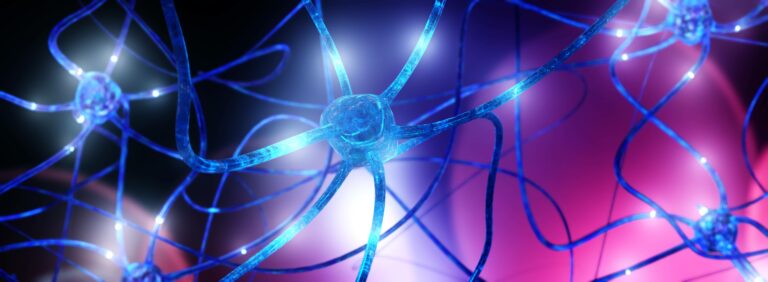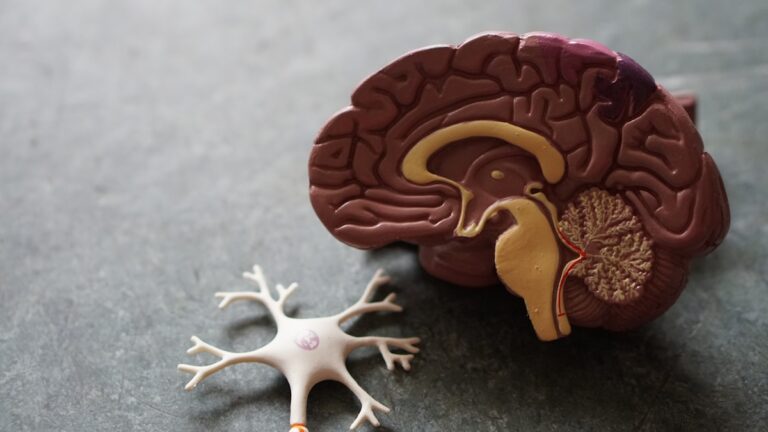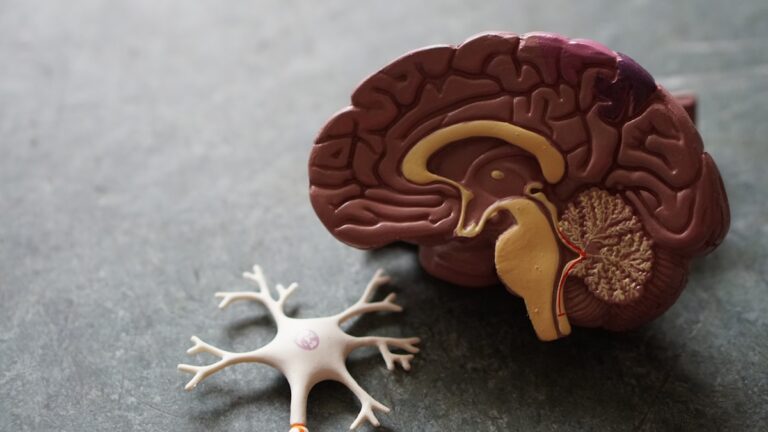As we age, it’s natural for our bodies and minds to go through changes. Many of us may notice that we don’t remember things as easily as we used to or have trouble focusing on tasks. While these changes may be a normal part of the aging process, there are times when they can be more serious and may even impact our daily lives.
One term that you may have heard in relation to cognitive changes is “mild neurocognitive disorder.” This term is used in the Diagnostic and Statistical Manual of Mental Disorders (DSM-5) to describe a condition where there is a modest decline in cognitive functioning, but not severe enough to be diagnosed as dementia.
In this article, we will dive deeper into what DSM-5 mild neurocognitive disorder is, its symptoms, causes, and treatment options.
What is DSM-5 Mild Neurocognitive Disorder?
Mild neurocognitive disorder (NCD) is a diagnosis in the DSM-5 that describes a slight decline in cognitive functioning. It falls under the category of “neurocognitive disorders,” which includes conditions related to problems with memory, thinking, and behavior that are caused by underlying medical conditions or brain damage.
According to the DSM-5, mild NCD is defined as a decline in cognitive functioning that is not severe enough to interfere with independence in daily life, but still noticeable to the individual and those around them.
Symptoms of Mild Neurocognitive Disorder
The symptoms of mild NCD can vary from person to person and may not always be obvious. Some individuals may experience a decline in memory, while others may have difficulty with language, attention, or problem-solving skills. These symptoms can often be mistaken for normal age-related changes, but they may be more severe and persistent in individuals with mild NCD.
Some common symptoms of mild NCD include:
– Forgetfulness: Difficulty remembering recent events or conversations, important dates or appointments, or where items were placed.
– Difficulty with language: Struggling to find the right words or having trouble understanding what others are saying.
– Trouble with judgment and decision-making: Making impulsive or risky decisions, having trouble planning and organizing, or struggling to follow through on tasks.
– Changes in mood and behavior: Irritability, apathy, anxiety, or depression may be present in individuals with mild NCD.
It’s important to note that these symptoms may also be present in other conditions, such as Alzheimer’s disease or dementia. A thorough evaluation by a healthcare professional is necessary to accurately diagnose mild NCD.
Causes of Mild Neurocognitive Disorder
The exact cause of mild NCD is not fully understood, but it is believed to be a combination of biological, environmental, and lifestyle factors. Some potential causes include:
– Age-related changes: As we age, our brain cells naturally decrease in number and function.
– Genetics: Some individuals may have a higher risk of developing mild NCD if they have a family history of the condition.
– Lifestyle choices: Certain lifestyle factors, such as smoking, excessive alcohol use, and a sedentary lifestyle, may increase the risk of mild NCD.
– Health conditions: Underlying medical conditions such as diabetes, hypertension, or cardiovascular disease can contribute to cognitive decline.
There is ongoing research into the causes of mild NCD, and more information is being discovered all the time.
Treatment Options for Mild Neurocognitive Disorder
Unfortunately, there is no known cure for mild NCD. However, there are treatments available that can help manage the symptoms and improve an individual’s quality of life.
Some possible treatment options include:
– Medications: Certain medications may help improve memory, attention, and other cognitive functions.
– Cognitive training: This involves participating in activities and exercises that aim to improve cognitive abilities.
– Lifestyle changes: Adopting a healthy lifestyle by eating a balanced diet, exercising regularly, and avoiding harmful habits like smoking and excessive drinking can help slow down cognitive decline.
– Therapy: Counseling or therapy can help individuals cope with the emotional and behavioral changes associated with mild NCD.
It’s essential for individuals with mild NCD to work closely with their healthcare team to develop a personalized treatment plan that addresses their specific needs and goals.
In conclusion, DSM-5 mild neurocognitive disorder is a diagnosis used to describe a slight decline in cognitive functioning. It can impact an individual’s daily life, but it is not as severe as dementia. While there is no known cure, there are treatments available that can help manage symptoms and improve overall quality of life. If you or a loved one are experiencing cognitive changes, it’s important to seek medical attention for an accurate diagnosis and appropriate treatment.





